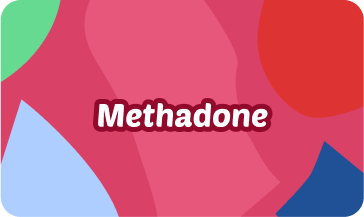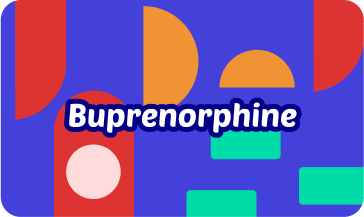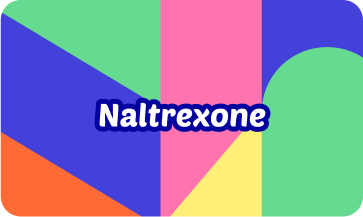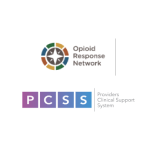MOUD stands for Medications for Opioid Use Disorder. If you or a family member want to reduce or stop opioid use, there are evidence-based medications available to do this safely. MOUD can be used to detox from opioids and as long-term treatment. MOUD has been found to reduce mortality rates and increase quality of life.
Assessment Map
Welcome to the MOUD Hub. If you need help figuring out where to start, follow this quick assessment.




















